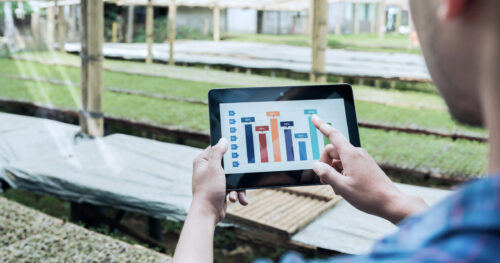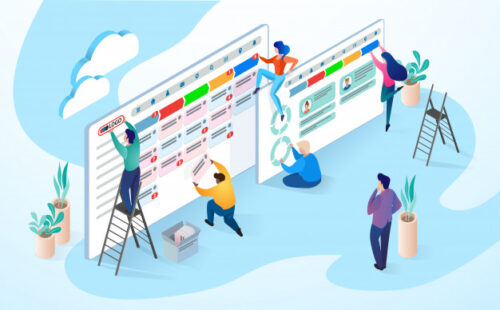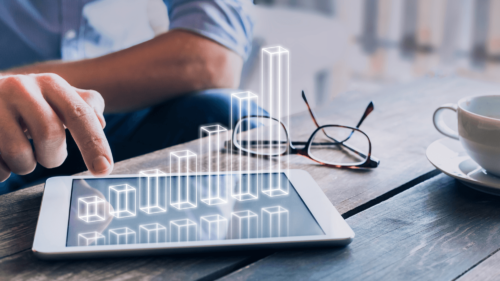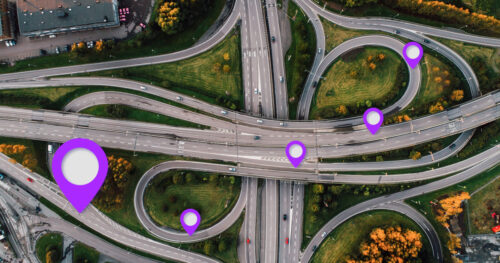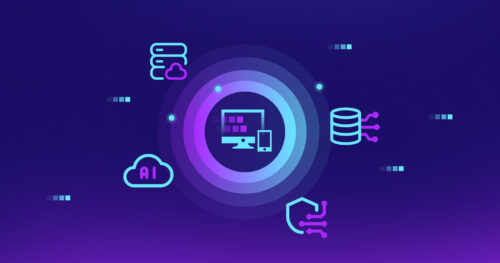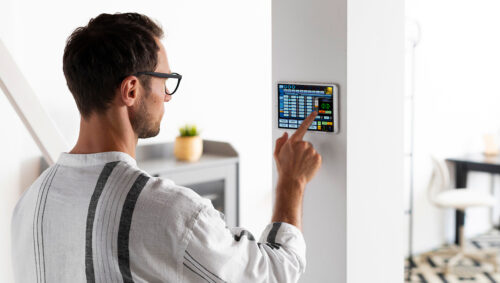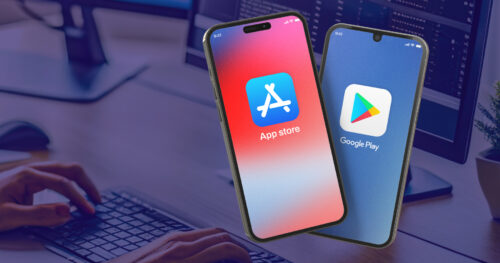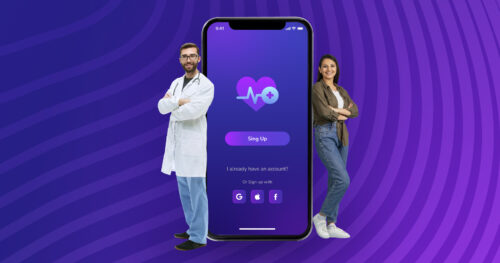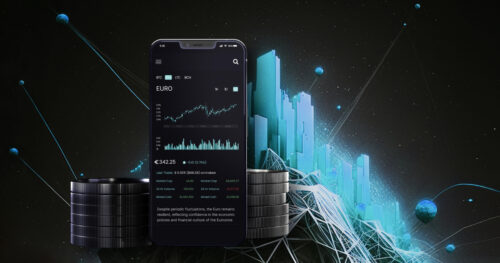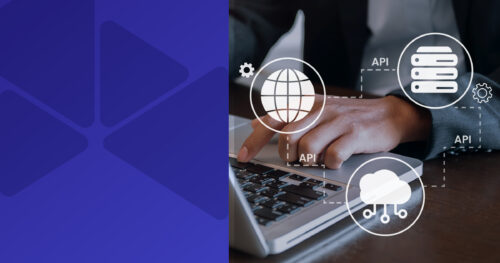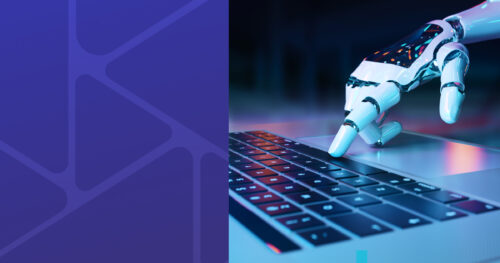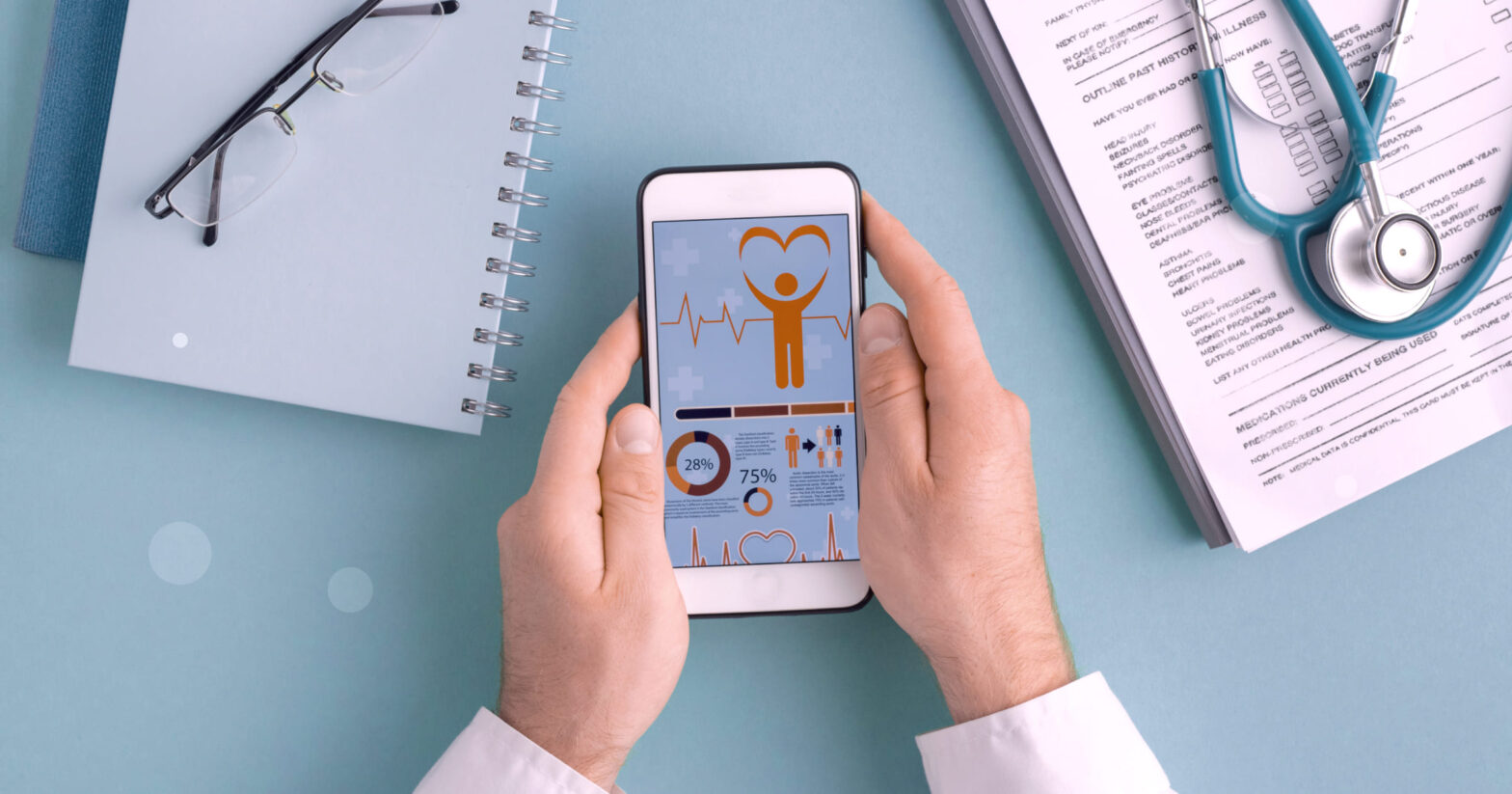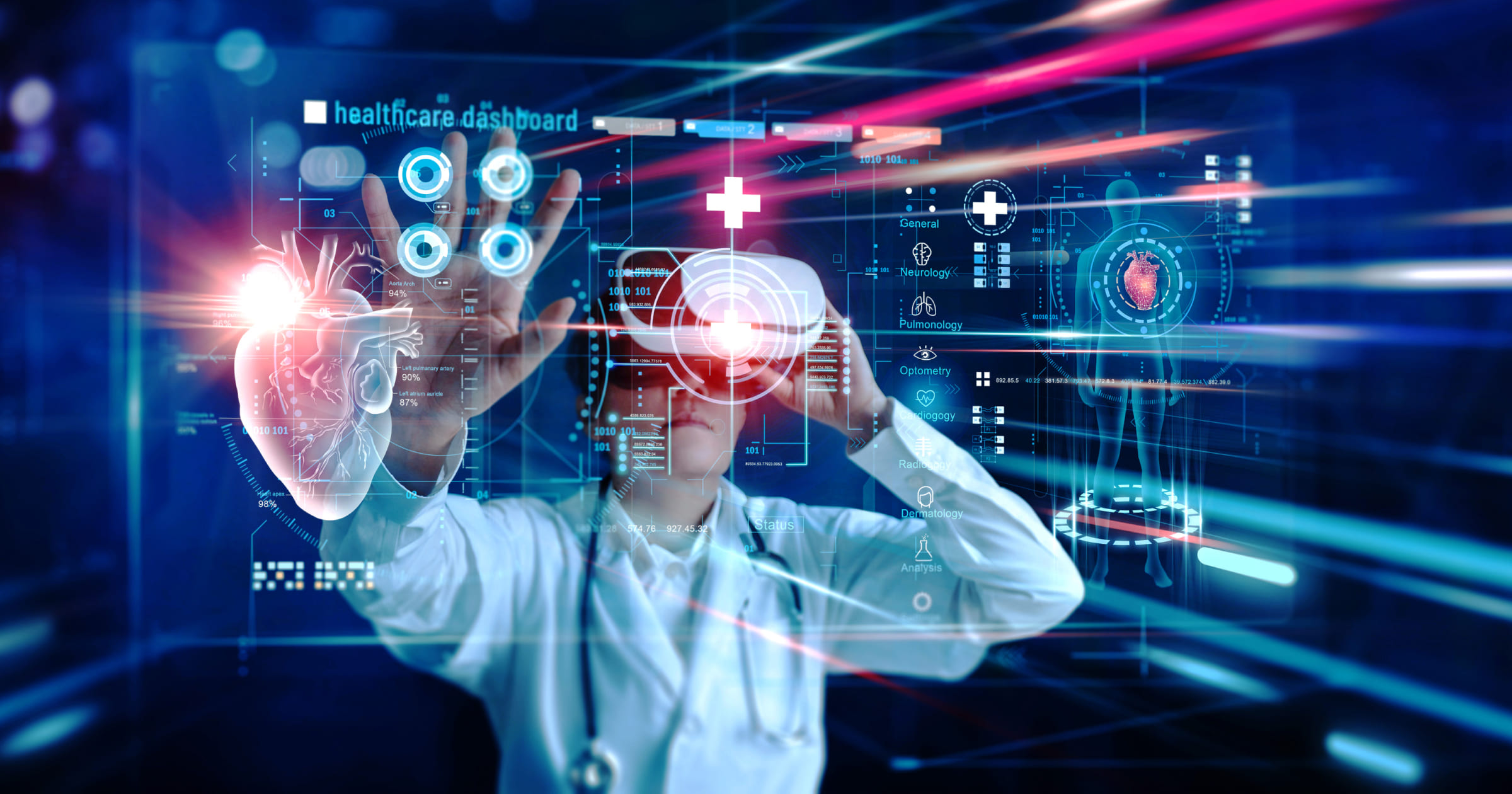The growth of digital healthcare is driven by the rising adoption of wearable and smart medical devices, an increase in chronic diseases, a focus on cost-saving and patient-centric healthcare delivery, and the widespread distribution of mobile devices. Professionals and patients both need technologies and software that make for time-efficient, remote, high-quality and accurate healthcare provision, therapeutic care and monitoring. DigitalMara has collected information on some trends and tips for building effective mobile apps for healthcare.
According to Statista, the total global mHealth market was valued at $132.7 billion in 2022, a figure that is expected to reach $181.1 billion in 2023 and rise to 332.7 billion by 2025. The mHealth sector is very broad and covers a wide variety of apps, from professional and sophisticated to quite simple. They have different purposes, but in general the point is to improve and simplify healthcare delivery, for example by tracking personal health data, allowing providers to offer remote assistance and access medical consulting, or by offering users tips to improve their health and wellness.
Development of healthcare mobile apps follows the standard stages in any app: analysis and design, software architecture, development, testing, release and maintenance. However, it is necessary to take into account some peculiarities related to the industry:
- Healthcare institutions are typically still working with legacy software, which means developers have to deal with old EHR platforms, databases, CRMs and other components. And this can create difficulties if the mobile application has to be connected with them.
- There is a wide range of regulations and standards with which healthcare apps need to comply, even apart from the well-known HIPAA and GDPR standards. It all depends on the specifics of the application, its functionality and what data it works with. And application developers must go through the approval procedure.
- Secure storage and management of patient data is a crucial part of app development. It’s vital to ensure patient privacy and integrity and protect the system from data breaches and other cyber threats.
Types of healthcare apps
In general, healthcare applications are divided into two types: for patients and for medical professionals. They differ in their purpose and principles of operation. The product concept, requirements, and structure will vary. At the end of 2022 there were more than 54K healthcare and medical apps on the Google Play store, and over 41K apps on the Apple store, according to Statista.
Medical apps serve professionals in assisting with diagnostics and treatment, in particular for tasks such as remote patient monitoring, telemedicine sessions, schedule management, taking calls and messages and much more. They are more sophisticated than general consumer apps and employ precise data analytics; they need to comply with rigid industry regulations. For full-fledged and effective work, a professional healthcare app should be integrated with EHR systems.
Using medical apps can help reduce the risk of medical errors thanks to more accurate data; increase efficiency thanks to the large coverage of patients; speed up decision-making; and reduce costs. Meanwhile, patients get easier access to medical providers and care, and improved communication with healthcare professionals.
Examples of apps for providers:
- Telemedicine
- Remote health monitoring
- Diagnosis assistant
- Networking
Health patient apps are intended for a wider base of users. They can be used to make appointments and payments, receive notifications and reminders, upload test results and get consultations, track and monitor healthy lifestyle choices, and more. They give users recommendations, but don’t usually have advanced and high-precision analytics. They don’t need to contend as much with strict regulations.
Such apps allow users to make more informed decisions regarding their health, help them control their lifestyle habits, and motivate them to live healthier and fitter.
Examples of apps for patients:
- Health tracking (fitness & wellness, diet, habits, women’s health)
- Mental health
- IoT health app
- Self-diagnosing
Health app compliance
Healthcare software handles sensitive data of various types, for example information on diagnosis, treatments, fitness, wellness, or addictions. If your app has access to, collects, uses, shares or maintains health information, it will need to comply with multiple regulations. Following all regulatory guidelines is an important part of the development process.
- HIPAA (Health Insurance Portability and Accountability Act)
HIPAA protects the privacy and security of certain health information. According to the US Federal Trade Commission, identifiable health information includes information that relates to physical and mental health and condition, the provision of health care and payments and other information that can identify the user, such as an IP address if it is maintained by the health app. Also, importantly, all the services used in the development process should also be HIPAA-compliant.
- FD&C Act (Federal Food, Drug, and Cosmetic Act)
In the area of healthcare development, the act regulates safe and effective work of digital health devices, which may include mobile medical apps, that can harm the consumer if they work improperly. A regulated device is one that can be used in the diagnosis of diseases and other conditions, in treatment and prevention, and affects the organs or functions of the human body.
- SaMD (Software as a Medical Device) regulations
SaMD is a type of medical software that can perform medical functions such as treating, diagnosing, curing, mitigating or preventing disease without the need for actual hardware. Some examples: software that processes images to detect an illness, or allows viewing an MRI, ultrasound, or X-ray images on a mobile phone and uses the tri-axial accelerometer on a smartphone. However, SaMD is regulated by FDA the same way as traditional medical devices, and IMDRF defines four risk categories for the software.
The importance of interoperability in health app development
Different healthcare systems may constantly exchange a large amount of information. The process needs to be fast and uninterrupted. That’s why it’s so important to build strong and smart integrations and connections. Interoperability in mobile health apps enables systems to interact with one another and provide access to clinical patient information from different sources in real-time. This improves system workflows and patient care quality, and avoids medical errors that might result from having incomplete or inaccurate information.
What does it mean in practice? When developing healthcare apps, it is necessary to define the structure and configuration of data elements to ensure communication between different clinical systems. It’s important to smooth the exchange of administrative, clinical, and demographic health data, provide access to the catalog of diseases and diagnostic images, define a set of diagnoses and measures, ensure proper billing and so on.
Technologies for healthcare app development
Cloud technologies
Cloud technologies make it possible to develop productive and seamless mobile apps, thanks to their ease of collecting and storing data, as well as their scalability, security and management capabilities. They can be successfully combined with IoT and AI technologies to create a multi-experience solution. Medical data can be archived and then easily retrieved when the data is stored in the cloud. As the uptime of the system increases, data redundancy is significantly reduced, while data recovery also becomes easier.
Artificial Intelligence
Machine learning and Artificial Intelligence algorithms have a wide application in various types of healthcare software, including mobile apps. The technology makes it possible to process large volumes of data, recognize medical images, analyze vital sign dynamics, identify repetitive patterns and diagnose illness at an early stage. This simplifies the process of diagnosing disease, monitoring of chronic diseases and dealing with especially serious diseases.
Some examples of AI-powered features in healthcare apps are intelligent chatbots, medical image analysis and pattern detection, real-time analysis and tracking of symptoms, optimization of patient flow and so on.
Health information, aka medical records, diagnoses, and treatments, is subject to cyber threats, along with accompanying personal and financial information. Health apps also face the risk of data leaks. Thus, it is extremely important to ensure reliable integration with the API and compliance with proven data encryption methods, etc. Reliable encryption protocols help protect the data. After adding any new element, the best way to identify risks is to conduct a revised security risk assessment. It is necessary to respond in a timely manner and implement security measures.
APIs
A lot of integrations are necessary for the full operation of a mobile application, with EHR and other systems, and with third-party services. APIs allow for electronic data exchange and interoperability. For example, the system may collect data from a wearable tracker and transfer it to the personal health record of the user, while sharing real-time diagnostic information with a doctor. There are numerous APIs for healthcare solutions with various functionalities and use cases in the market, but not all of them comply with security standards. Therefore, you need to be careful about your choice.
Final words
The benefits of healthcare mobile application development are beyond doubt, especially after the pandemic. Apps make it possible to receive virtual consultations, make secure payments, and receive prescriptions at home, while improving personal health and lifestyle.
DigitalMara has extensive experience in developing custom mobile apps for healthcare that fulfill all users’ needs. Our experience is proved by references. DigitalMara is recognized as Top Mobile app design and development companies. We use modern frameworks and tools that best fit your project.
